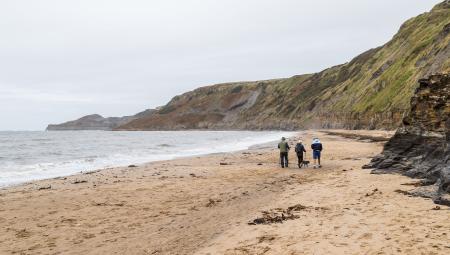Skip to sidebar
See all
Palliative and End of Life Care
This theme aims to address the pressing need for improvements in palliative and end of life care for East of England populations. Find out about other research projects in this theme.





